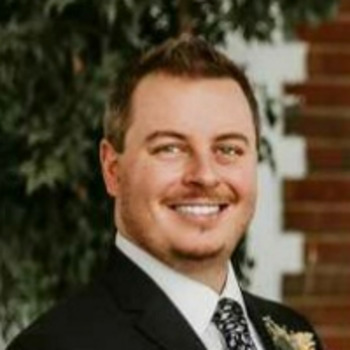
Justin Schiavone
Introduction
Justin has been working as a counselor for 9 years, and has been a Licensed Alcohol and Drug Counselor since 2019. His experiential work lies in child/adolescent and family work, as well as in substance abuse counseling. Justin has worked with individuals across the lifespan, with a variety of clinical concerns such as ADHD, mood disorders, substance use disorder, trauma history and PTSD, and anxiety disorders. Justin incorporates motivational interviewing, cognitive-behavioral therapy, dialectical behavior therapy, and mindfulness-based techniques into his clinical work. - What was your path to becoming a therapist? - I was always told I was a good listener and good at giving advice. I fell in love with the counseling field where I have been able to help people become better versions of themselves. I have seen the impact of mental health and substance abuse issues in my own life, my family, and my social networks, and I seek to help others any way I can. - What should someone know about working with you? - I am a big believer in the power of mindfulness, encouraging individuals to think critically about their actions, learn how to accept situations and issues out of their control, and have a more optimistic and positive outlook on themselves, others, and the world. This has led many of my clients to experience a reduction in symptoms and impairments in their lives. - What are you most excited about within the evolving mental health landscape? - I am excited about taking on a hybrid caseload of in-person and virtual clients to get a feel for how each has its benefits and drawbacks. Telehealth has allowed clinicians to connect with individuals who might otherwise have never received treatment (due to time management, transportation, anxiety, and the like), and technology allowed everyone to stay connected throughout the COVID-19 pandemic, so it is a tool that I find immensely helpful.
Highlights
- Offers free consultation
- Telehealth appointments
- Accepts insurance
Licenses
-
LADC #18260 (MA)
-
LADC #LC8556 (ME)
Specialties
Additional focus areas
Treatment Approaches
Population focus
Appointment types
- Individuals
- Families
Communities
-
LGBTQIA+
-
Recovery
-
Lesbian, Gay, & Bisexual
-
Trans & Non-Binary
Age groups
-
Children (6-12)
-
Teenagers (12-18)
-
Young Adults (18-24)
-
Adults (24+)
Languages
-
English
Free intro call available
Pay with insurance
-
Aetna
-
Optum
-
Blue Cross Blue Shield of Massachusetts
-
Oscar
-
Out of Pocket
-
Oxford